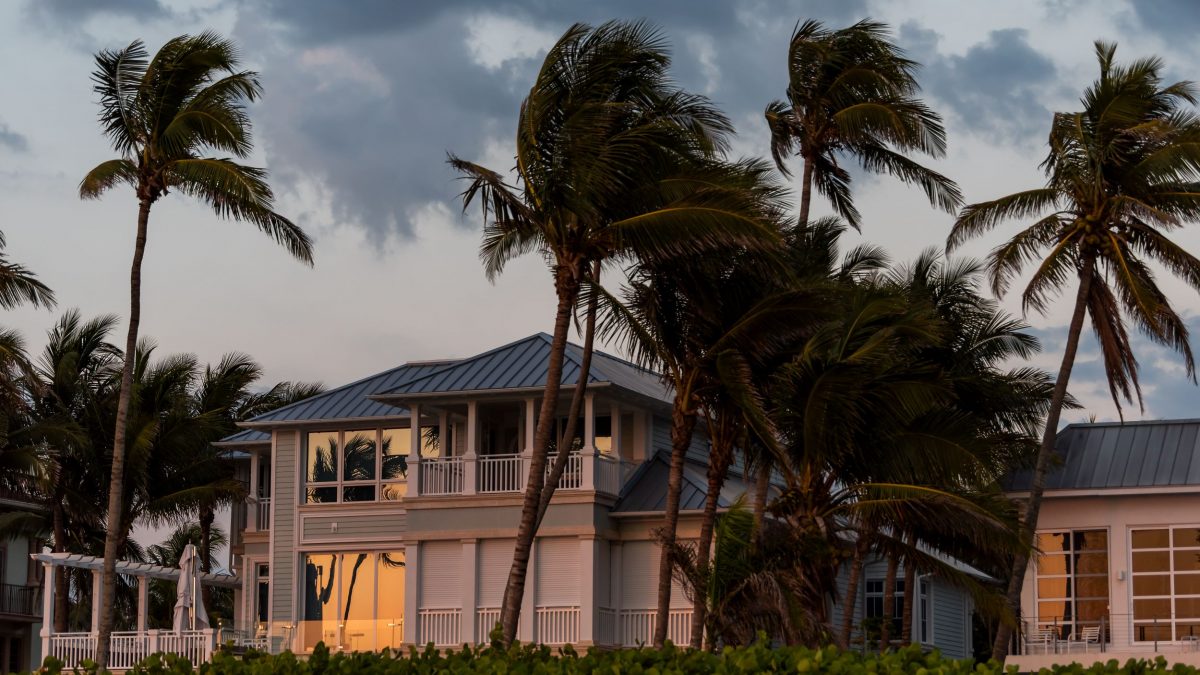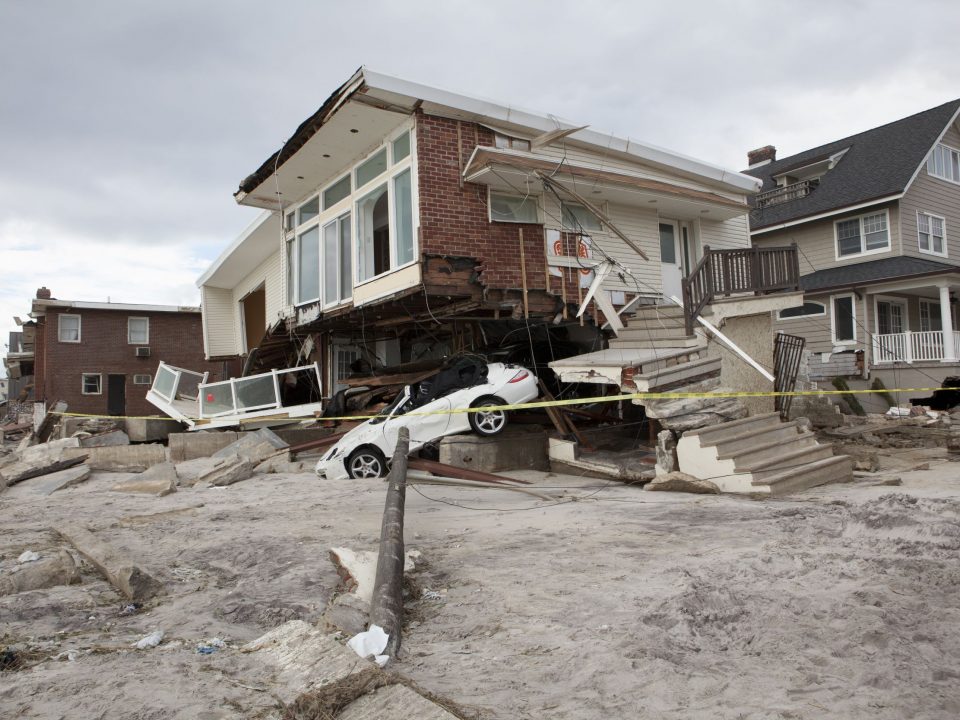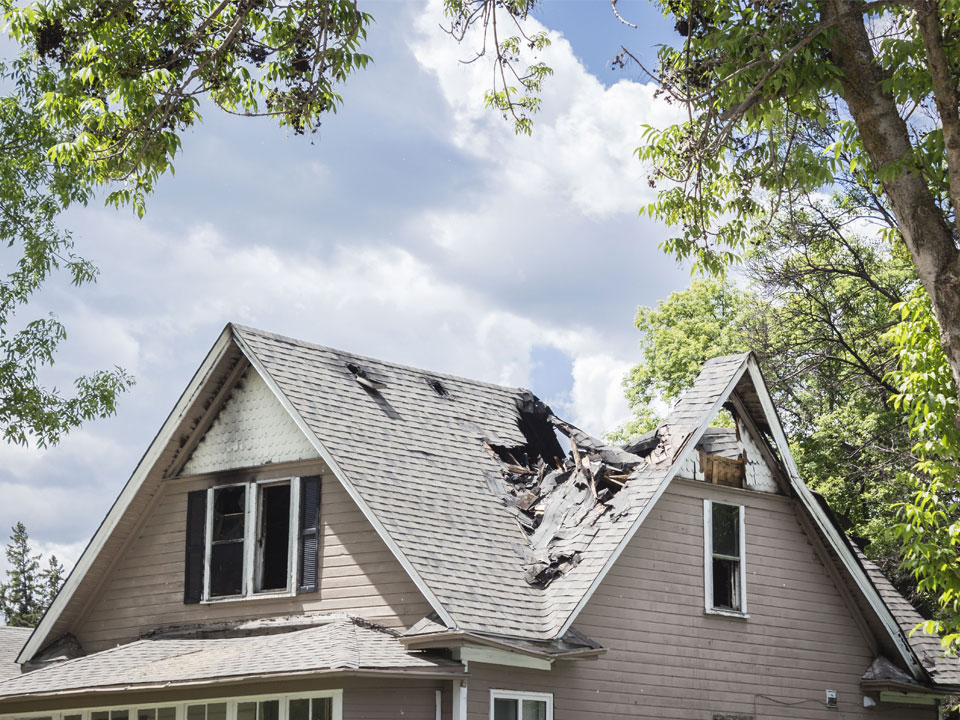THINKING ABOUT A HOME OR CONDO IN FLORIDA? WE SHOULD TALK SO YOU UNDERSTAND THE MARKETPLACE TODAY!

PROFESSIONAL AND MANAGEMENT LIABILITY —IS YOUR BUSINESS PROTECTED?
March 16, 2021
RISK MANAGEMENT—REPLACEMENT COST VS. REBUILD COST
June 22, 2021The COVID-19 pandemic has caused many changes in the way we live and work. Among these has been a migration of people from the northeast and California to the Sun Belt states. Florida saw a bigger jump in new residents than every state but one – Texas. These two states alone account for a combined population increase in excess of 600,000 people in the region in one year.
What Makes Florida Unique?
If you’re among the many who are seeking to start a new life in the Sunshine State, or if you’re thinking of purchasing a “snowbird” residence, there are a few realities about insurance you should understand.
While there are many factors that make Florida unique—such as the spectacular weather, golf, fishing, and very favorable tax policies—the insurance market in Florida is somewhat trickier to navigate recently, and you should pay attention to the potential cost, coverage and availability. Magis can help you evaluate things so you don’t end up surprised.
• Insurance rates, requirements, and risk acceptability
Don’t assume that the insurer that covers your home in another state will do so in Florida. They may not. The primary factors are:
- location (county, proximity to ocean or gulf)
- construction
- age of the building.
Another factor could be if you have insurance in non-weather-prone areas that help balance the insurer’s risk.
Since Hurricane Andrew in the 1990’s, extensive studies have revealed what structures fare better in hurricanes – roof shape, covering and the engineering of how the roof is attached, construction materials, and window and door protection are all major factors. These findings have influenced the building codes by county in the past 25 years. As such, newer homes and condos are built to newer codes, and therefore will typically sustain less damage.
- Unique challenges on top of bad weather around the country.
Despite no hurricane making landfall in the Sunshine State in 2020, sixty-six primary insurers racked up $1.57 billion in claims, more than two-and-a-half times claims in 2019. As a peninsula in the path of storms, while flood damage is provided predominantly through a federally subsidized flood insurance program, wind damage losses as well as other claims like water damage from aging plumbing, fall mostly to commercial insurers. In order to protect themselves from losses that could exceed their ability to pay claims, insurers purchase reinsurance (the insurance for insurance companies when claims exceed a certain limit). Wildfires out west, and freezing and storms in Texas, tornadoes in the Midwest, have resulted in significant increases in reinsurance costs and places like Florida pay the price in a big way! Insurers end up deciding if they can afford to offer policies when their costs and losses rise. What we have seen in the past year is that more insurers are choosing not to take on additional risk. As a result, Citizens Property Insurance Co., the insurer of last resort created with the backing of the State, is the second largest provider in the state by premium volume now. Their, and other FL-based insurers, limit the losses they cover or exclude claims that would typically be covered by most home policies. In Florida, many policies should come with a warning label – BUYER BEWARE!
Florida Insurers Face Financial Realities and That Means Rising Rates
- Florida companies face declining surpluses, the money they have on hand to pay claims. In 2020, insurers who reported FL financial results had an almost 10% decline, despite almost $400 million in capital from their parent companies added to bolster surpluses. Guy Carpenter, industry analyst and reinsurance broker, reported an average combined ratio of FL insurers of 117% – claims and expenses 17% more than the premium collected from reports companies submit to the National Association of Insurance Commissioners. S&P Global Market Intelligence analyzed the top 38 insurers and found their ratio averaged 121%.
Starting Points and What Can You Do to Make the Process Easier?
- Unless the home is a new construction, you will need a Florida Wind Mitigation Form completed by a certified inspector. This provides all of the details of the home’s construction relative to current building codes, and is the basis for premium credits for all insurers. Consult your Realtor to determine if the current owner has this form.
- If a home is in a higher hazard flood zone, your Realtor should disclose it. If so, an elevation certificate may also be required. Like the Wind Mitigation Form, this may be available from the current owner. If not, a FEMA-approved engineer can be hired to complete it.
- Depending on the age and the insurer, you may be required to have a 4 Point Inspection (roof, electrical, plumbing, HVAC age and condition).
These items, along with address, purchase price and potential mortgage details are necessary in order to engage any insurer in a conversation. Know what current owners might already have and what you might need to obtain!
- Remember, there are special rules for condominiums. If you are considering a condo, obtaining the Condo Association documents and insurance requirements will allow you to understand what the Association’s policies cover and what you are responsible for insuring inside your unit. In most cases, the association may only insure the structure, and you will have to rebuild everything inside including flooring, cabinets, and fixtures as well as your contents and liability. Associations may also assess unit owners for their policy deductibles; understanding these potential assessments and how your insurance may cover them should be part of your process.
- Deductibles are different in Florida, so be sure you understand your responsibilities. All policies will have a deductible equal to a percentage of the home or condo coverage value – 2, 5, 10% for hurricane claims. Some insurers apply this deductible to all wind claims. The potential can be tens of thousands of dollars of out-of-pocket expense.
We hope you find these tips useful. At MAGIS, our goal is for you to have an insurance program with the finest combination of coverage and cost. That can be a tall order currently in Florida! We welcome a discussion about your potential interests and the marketplace, so you are not surprised by the cost or protection that is limited.
So, if you are thinking of purchasing a new or second home in Florida, we encourage you to contact a MAGIS representative today, and get the peace of mind you deserve.




